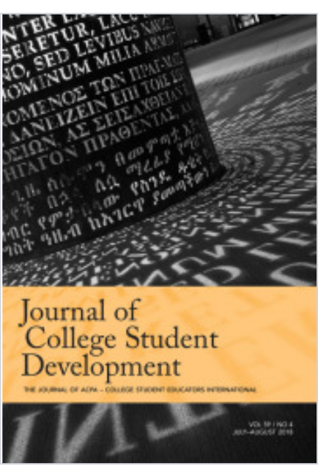
Resources
Links to Other Organizations

About | AIBL American Indigenous Business Leaders – the only American Indigenous non-profit organization dedicated to empowering business students in the U.S. since 1994
Learn more about Native American Heritage Month National Native American Heritage Month
This month, we celebrate National Native American Heritage month. Because Native Americans were in America long before other race/ethnicities, you might be surprised that we have only celebrated Native American Heritage month since 1990. For a quick review of how the Native American Heritage month was recognized, see this short video: The Origins of Native American Heritage Month | NowThis
Spotlight on Native American Heritage Month

Dr. William Rudolf Kinney, Jr.
Born August 13, 1942, Dr. Kinney is Professor Emeritus at the University of Texas Austin, renowned researcher and revered educator. In 2018, he was inducted into the Chickasaw Hall of Fame as a champion of diversity in scholarship for his outstanding contributions to the Chickasaw Nation (William R. Kinney, Jr. | Hall of Fame (chickasaw.net). Dr. Kinney was inducted in the Accounting Hall of Fame in 2014.
 Click
Here to experience "a four-part PBS series that challenges everything we thought we knew about the Americas
before and since contact with Europe… The series reveals some of the most advanced cultures in human history and the
Native American people who created it and whose legacy continues, unbroken, to this day."
Click
Here to experience "a four-part PBS series that challenges everything we thought we knew about the Americas
before and since contact with Europe… The series reveals some of the most advanced cultures in human history and the
Native American people who created it and whose legacy continues, unbroken, to this day."
Academic Research and Literature
 Native Americans in Higher Education: An Ecological Systems Perspective. Jillian Fish and Moin Syed. 2018 (Journal of College Student Development 59 (4): 387-403.)
Native Americans in Higher Education: An Ecological Systems Perspective. Jillian Fish and Moin Syed. 2018 (Journal of College Student Development 59 (4): 387-403.)
Native Americans continue as the most underrepresented minority in higher education constituting less than one percent of students. The authors critique the historical perspective of assimilation through education that tends to result in a deficit perspective where the root of the problem lies with the individual. Building on research that demonstrates Native American college students’ success depends on their ability to sustain their cultural values and traditions at college, the authors develop a framework for how institutions of higher education can reconceptualize their approach to supporting Native American students with practical examples.
 Dreaming In Indian: Contemporary American Voices
Dreaming In Indian: Contemporary American Voices
2014, Annick Press, By Lisa Charleyboy (Editor). A powerful and visually stunning anthology from some of the most groundbreaking Native artists working in North America today.
The study examines how, in the 1930s, accounts created by agents in Washington, DC had disastrous consequences for the Navajo thousands of miles away in the Southwest. These accounts contended that the land was overgrazed, and were used to justify the killing of Navajo livestock despite contemporaneous starvation on the tribal lands. The paper provides an example of the dire human consequences that can result from purportedly neutral accounting techniques.
In 1887, the US Congress split American Indian Tribal lands into allotments, controlled by trust funds. Over a century later, the funds were dogged by allegations of mismanagement and worse, and after a 10-year attempt to reconcile the funds, the Department of the Interior defended its trustee role and narrow definition of “historical” accounting, arguing that this was acceptable in light of the high cost of a more complete accounting approach. This paper explores how framing accounting definitions and process can be a powerful tool to control allocations and political advantage, either deepening or resolving centuries long conflicts.
The authors analyze how the creation of corporations, with Alaska natives as shareholders, that was perceived as an improvement over the U.S. Bureau of Indian Affairs, ultimately contributed to poverty and conflict among Alaska native tribes.
